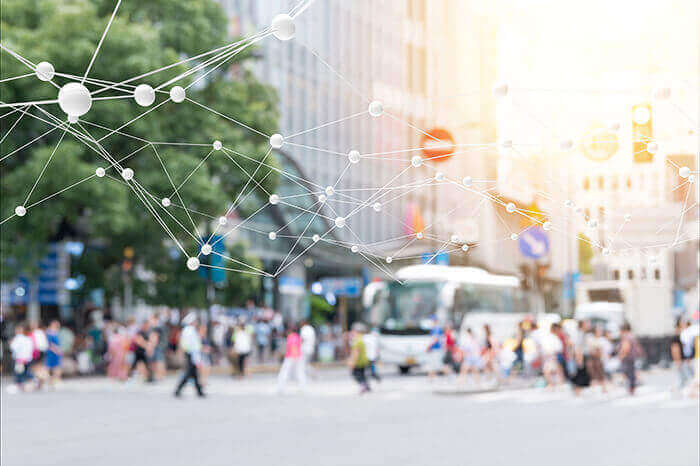The Implications of Facial Recognition in Smart Cities
Using facial recognition in smart cities is a growing trend. Despite the benefits, it is still controversial. Some critics argue that it can lead to dangerous incidents. In other words, the use of this technology may make cities less secure. On the other hand, it could improve public safety and enhance city operations. Here’s what to expect from smart cities that use face recognition. This article explores the implications of facial recognition in cities.
Regardless of whether or not a city uses this technology in a smart city, there are some important considerations to keep in mind before implementing it. One of the most important factors is the privacy of citizens. Using facial recognition in smart cities will increase public safety by enabling cities to monitor people’s movements in real time. This will help protect citizens, as well as the safety of the city. But there are also many challenges.
Privacy concerns and privacy rights are another concern. While the use of facial recognition is widespread in some cities, privacy advocates fear that the practice could lead to a rogue system. In China, for instance, CCTV surveillance is ubiquitous, and advanced facial recognition software is an integral part of the Communist government’s security operations. Luckily, some systems are being developed privately. Clearview is a smartphone-based facial recognition system developed by Sense Time, a Chinese AI company with investors including Qualcomm and Alibaba Group.
The use of facial recognition technology is becoming increasingly widespread, but some concerns are preventing it from gaining widespread adoption in cities. A national report by the National League of Cities calls for more stringent privacy protections and strict cybersecurity standards for the technology. The report cites concerns regarding police use of facial recognition in smart cities and recommends that cities implement a rigorous training program and adopt strict data storage and cybersecurity standards. Further, the report says that facial recognition should only be used in certain settings and that it should be restricted from police use.
A recent study by the National League of Cities shows that the use of facial recognition in smart cities is on the rise. Its use is already expanding rapidly, with some cities limiting it for public safety. Meanwhile, some cities are still hesitant to deploy the technology for fear it might compromise safety. They can, however, add information to facial recognition to the database to help police identify a suspect. For instance, a city can add a criminal’s profile to the facial recognition database.
Aside from public safety, the use of facial recognition in smart cities has many other benefits. It can help improve traffic and prevent crime. Furthermore, the use of face recognition technology in smart cities has the potential to enhance public security efforts. Further, the technology is also useful for tracking criminals. In addition to being a security measure, smart cities can improve their energy efficiency and public safety. The research suggests that face recognition is an essential part of many smart cities and that it is a valuable addition to security.
Despite its benefits, it has some drawbacks. Although it has many benefits, it is still controversial. Some privacy advocates believe that it is a security risk. In addition to providing additional security, the technology also can improve public safety. It can help police identify individuals who are dangerous to society. The technology can be installed on street cameras, and city officials can even use it to track criminals. The use of facial recognition in smart cities is not limited to crime. It can be used for surveillance and to keep track of missing people.
The development of smart cities has many benefits. For example, facial recognition can reduce crime and enhance mobility. It can improve access to municipal areas and prevent violent crimes. It can also enhance public safety, as it can be used to identify a criminal. The use of facial recognition in smart cities is a must for any city today. The cost of deploying these systems is high. And while some applications are legitimate, many have been misused.



